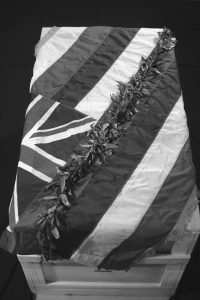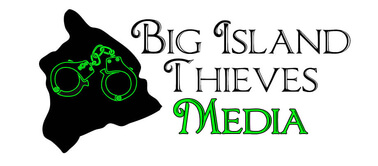
Photo Courtesy of ‘Ōiwi TV.
BREMEN, GERMANY (Feb. 7, 2022) – This week a delegation representing the Office of Hawaiian Affairs (OHA) will repatriate a total of 58 iwi kūpuna (ancestral Hawaiian skeletal remains) from four institutions in Germany and one in Austria that were stolen over 100 years ago from Hawaiʻi.
The repatriation of the iwi kūpuna is the culmination of many years of research, coordination and communications between OHA and European museum, anthropologic and academic institutions. These iwi kūpuna were collected from Kaua‘i, Molokaʻi, Maui and Hawai‘i Island during a time of colonial violence, and were horrendously dehumanized for study without the consent of their families. The return of the iwi kūpuna to their one hānau (homeland) allows for healing and restoration of dignity, so they may finally rest peacefully.
“There has been much change in the last decade amongst museum professionals and anthropological scholars that demonstrates a better understanding of Indigenous peoples and the past injustices committed against us. We certainly acknowledge this and applaud the re-humanization of these individuals and institutions,” said OHA Board Chair Carmen “Hulu” Lindsey. “Today, these actions allow us to heal, not only as individuals, but as a lāhui (Hawaiian nation).”
The repatriations begin on Tuesday, February 8, when the OHA delegation will receive eight iwi po‘o (skulls) from Übersee Museum at a “handover ceremony.” On each of the subsequent days, the delegation will prepare for the return home of 13 iwi from University of Götttingen, three iwi poʻo from Friedrich Schiller University Jena and 32 iwi from SPK — Berlin State Museums of the Prussian Cultural Heritage Foundation. The final repatriation from the Vienna Natural History Museum of two iwi poʻo will happen on February14.
“For ethical reasons, there is no longer any justification for continuing to keep the human remains in our collection. As a general rule, we would never entertain such sensitive purchases of unknown origin now. We bear the responsibility for the mistakes of our predecessors. Our task is to play our part in righting the wrongs of the past,” said Prof. Dr. Wiebke Ahrndt, director of the Übersee-Museum Bremen. Ahrndt also served as the chair of the German Museums Association working group that cited the need to return collections from colonial contexts, especially human remains, to the countries and communities of origin.
Edward Halealoha Ayau is a member of the Hawaiian delegation. He has led efforts to advocate for and repatriate iwi kūpuna, moepū (funerary possessions) and mea kapu (sacred objects) over the past 32 years. Ayau served as the executive director of Hui Mālama I Nā Kūpuna O Hawai‘i Nei (Group Caring for the Ancestors of Hawai‘i) until 2015, when they formally dissolved. He now serves as a volunteer for OHA leading international iwi kūpuna repatriation efforts. Cultural practitioners Mana and Kalehua Caceres are also a part of the delegation ensuring the safe return of the iwi kūpuna to Hawaiʻi.
“We acknowledge the anguish experienced by our ancestors, and take responsibility for their well-being (and thereby our own), by transporting them home for reburial,” Ayau said. “In doing this important work, we also acknowledge and celebrate our respective humanity – Germans and Hawaiians together in aloha – as we write a new chapter in our historic relationship as human beings.”
OHA’s policy is to protect and promote the reverence and cultural importance of proper care, management and protection of iwi kūpuna. OHA has been involved in 120 repatriation cases over the last 30 years. In it’s Mana i Mauli Ola Strategic Plan 2020–2035, OHA aims to empower communities to take care of iwi kūpuna. Locally, OHA supported this initiative in 2021 with its new Iwi Kūpuna Repatriation and Reinterment Grants providing $167,298 to four community organizations. Nearly $33,000 will go toward facilitating the reburial of 700 to 900 iwi kūpuna and moepū disturbed at Kawaiahaʻo Church grounds. The remaining iwi kūpuna grants will provide education in communities throughout the state to empower Native Hawaiians to protect and care for iwi and provide training on the proper treatment of iwi.



